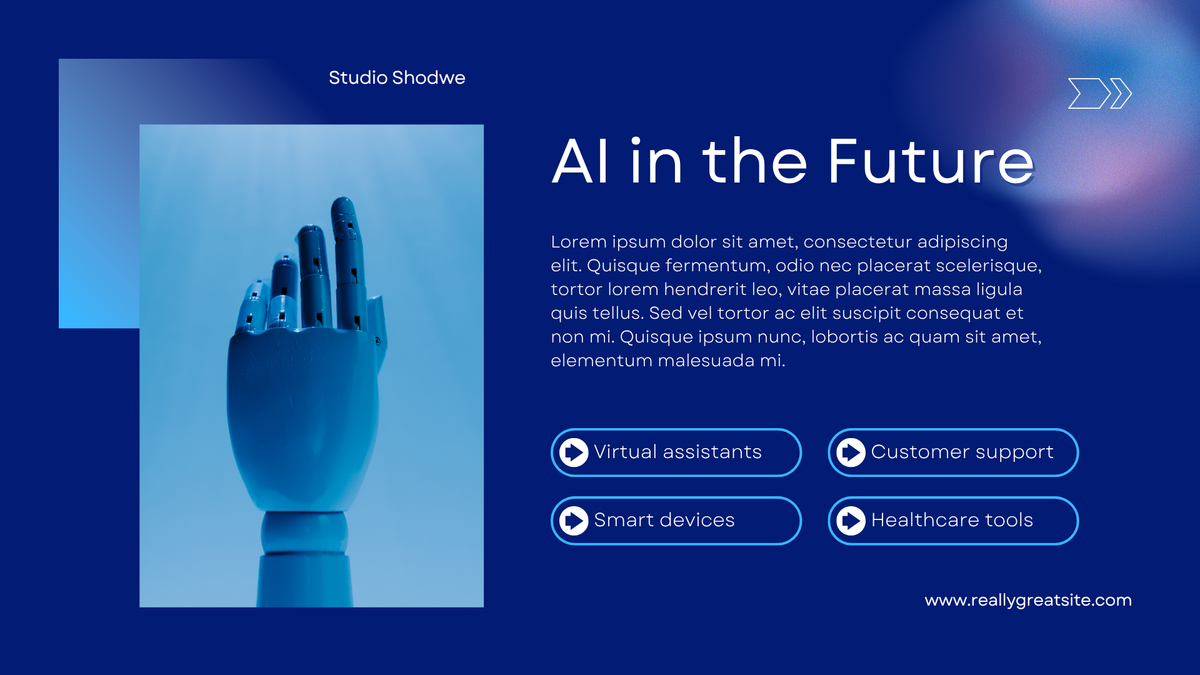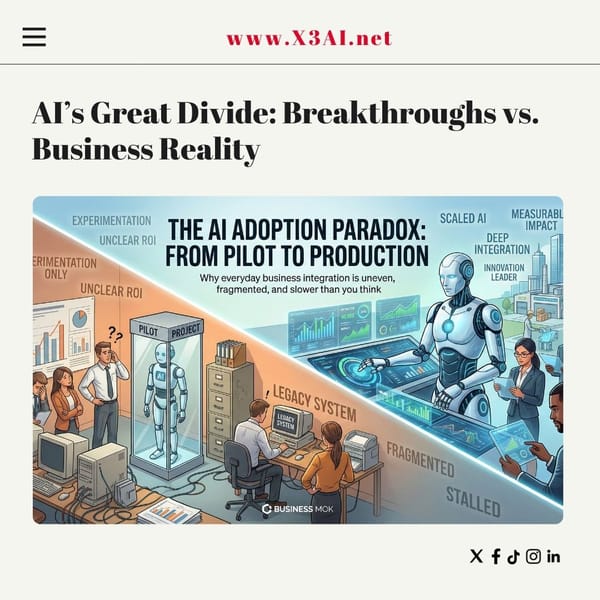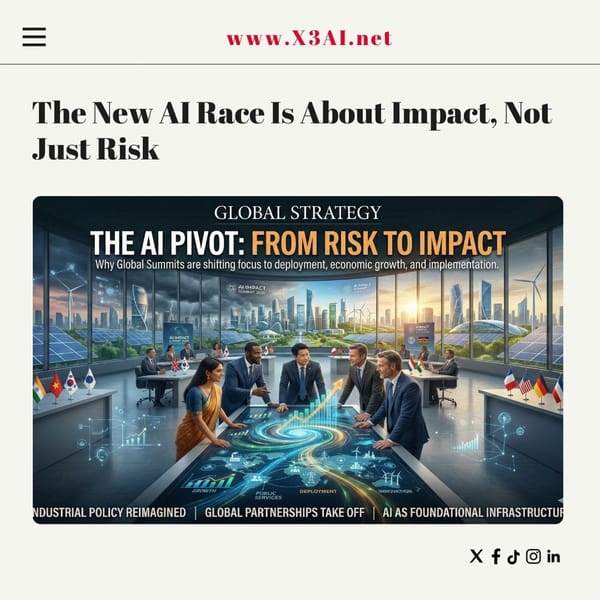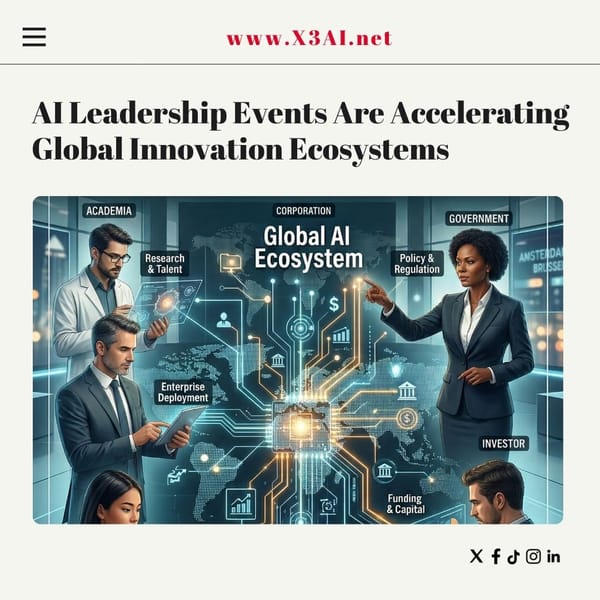The Future of AI: What Lies Ahead

Artificial Intelligence (AI) is no longer a distant dream or a futuristic concept—it is woven into the fabric of our daily lives. From virtual assistants and recommendation algorithms to advanced robotics and medical diagnostics, AI has already transformed many aspects of society. But what does the future hold for AI? As we look ahead to the next decade and beyond, several key trends, challenges, and possibilities begin to emerge.
1. From Narrow AI to General Intelligence
Most of today’s AI systems are narrow, meaning they are designed to perform specific tasks—like translating languages, diagnosing diseases, or driving cars. However, the next frontier is Artificial General Intelligence (AGI): systems that can understand, learn, and apply knowledge across a wide range of domains, much like a human.
While AGI is still largely theoretical, significant research efforts—led by organizations like OpenAI, DeepMind, and others—are working to bridge that gap. If achieved, AGI could revolutionize science, education, and problem-solving in unprecedented ways. But it also raises profound ethical and existential questions about control, alignment, and societal impact.
2. AI and the Workforce
AI’s impact on the job market is a source of both optimism and concern. Automation will likely replace some routine or repetitive tasks—especially in logistics, manufacturing, and customer service. However, it will also create new roles, particularly in AI oversight, prompt engineering, data curation, and human-AI collaboration.
The key challenge for the future will be reskilling the workforce and designing systems where humans and AI augment each other’s strengths. Policies that encourage lifelong learning and equitable access to digital tools will be essential.
3. AI in Healthcare and Science
One of the most promising areas of AI advancement lies in healthcare and scientific discovery. Already, models are diagnosing diseases, predicting protein structures, and identifying potential treatments faster than ever before.
In the future, AI could personalize medicine at the genetic level, assist surgeons in real time, or simulate complex biological processes with stunning accuracy. With continued development, it could even help tackle global crises—such as pandemics, climate change, or food insecurity—by analyzing vast datasets and modeling possible interventions.
4. Ethics, Bias, and Regulation
As AI becomes more integrated into society, its governance becomes increasingly important. Concerns about bias, surveillance, misinformation, and misuse are not theoretical—they’re already happening. Deepfakes, facial recognition abuse, and algorithmic discrimination are warning signs of what unregulated AI can do.
In the future, AI will need strong ethical frameworks, international cooperation, and enforceable regulations. Transparency, accountability, and explainability must become standard principles guiding development. Governments, corporations, and civil society will need to collaborate to ensure that AI benefits everyone, not just a few.
5. AI and Creativity
AI is pushing the boundaries of creativity, from composing music to generating art, writing stories, and designing video games. These tools don’t just mimic human creativity—they offer new forms of expression that are interactive, generative, and customizable.
In the future, we may see AI co-creating with humans more fluidly, acting as a partner in artistic and intellectual work. This raises fascinating questions: Who owns AI-generated content? Can a machine be an artist? And how will creativity evolve when it’s no longer limited by human constraints?
6. The Rise of Personal AI
Imagine an AI that knows your preferences, helps you make decisions, manages your schedule, advises you on your finances, and even supports your mental health—safely and securely. Personal AI assistants are expected to become more powerful, more private, and more personalized in the years to come.
These assistants could revolutionize how we interact with technology and data, shifting the paradigm from "searching for information" to "receiving contextualized guidance."
Conclusion: A Future to Shape, Not Just Observe
The future of AI holds immense potential—but it’s not predestined. It will be shaped by the choices we make today: how we build these systems, how we govern them, and how we integrate them into human life. With thoughtful stewardship, AI could help us solve some of humanity’s most pressing problems and unlock extraordinary opportunities.
But that future must be inclusive, ethical, and humane—guided not just by what AI can do, but by what it should do.




